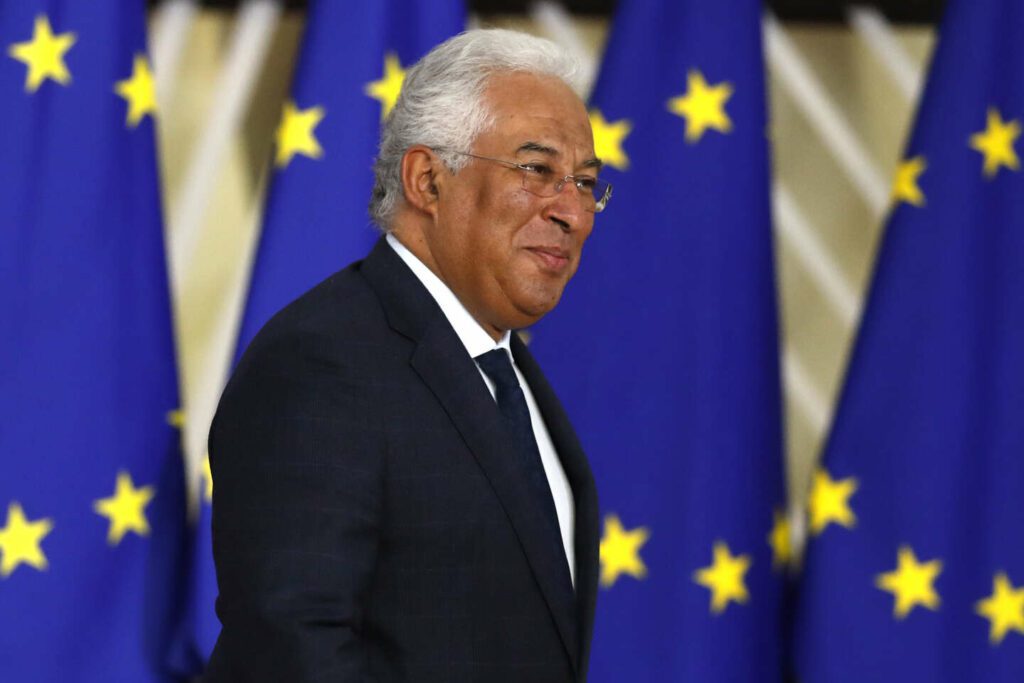Antonio Costa, then prime minister of Portugal, in Brussels, November 25, 2018. ALASTAIR GRANT / AP
It’s payback for former Portuguese prime minister (2015-2023) António Costa. Europe’s heads of state and government chose to appoint the Socialist leader to the presidency of the European Council on Thursday, June 27. At 62, his moderate profile, combining traditional social-democratic values with an orthodox approach to the economy, won over the 27 member states.
Nothing was certain 10 days ago, with Polish Prime Minister Donald Tusk (EPP) stating on June 17 that Costa was competent but there was a need for “public clarification, what is the legal situation.” He was referring to the legal setbacks that forced Costa to resign as head of the Portuguese government on November 7, 2023.
Read more EU leaders approve von der Leyen, Kallas and Costa for top jobs
Concern over the case had waned several weeks earlier, however, and no longer seemed to represent an obstacle to the Portuguese’s appointment. Costa’s chief of staff Vitor Escaria, the former prime minister’s close friend, businessman Diogo Lacerda Machado, as well as former infrastructure minister João Galamba and six others remain under investigation for alleged influence peddling in connection with tenders for a data center, lithium mining prospecting and a green hydrogen production center. However, possible corruption and abuse of power have been ruled out.
Above all, the investigation opened by the prosecutor’s office against Costa eight months ago – which forced him to resign out of “respect for the dignity of his office” but with a “clear conscience” when he still had two years left in office and a solid Socialist absolute majority in the Assembly – did not result in an indictment. Worse still, it was strongly criticized by the investigating judge and the Lisbon Court of Appeal for its lack of “serious evidence.” The political consequences were serious. The ensuing early elections resulted in victory for the center-right Social Democratic Party (PSD), led by Luis Montenegro, and the end of the Costa government’s eight-year tenure.
Read more Portuguese PM resigns after being named in corruption probe Pressure from the Christian Democrats
By expressing doubts about Costa’s appointment on June 17, the Christian Democrats in the EPP were primarily seeking to raise the stakes in negotiations between the 27 member states on Europe’s “top jobs” (presidencies of the Commission and Council and EU foreign policy chief). The EPP is the leading political force in Europe. It has 12 heads of state or government at the Council table and gained seats in the European Parliament following the June 9 elections, unlike the Social Democrats (S&D) and even more so the liberals of Renew. It tried to get more than what was expected, namely the presidency of the Commission, in Ursula von der Leyen, and that of the European Parliament, for the first half of the mandate.
You have 59.06% of this article left to read. The rest is for subscribers only.
Source link : https://www.lemonde.fr/en/international/article/2024/06/28/portugal-s-antonio-costa-next-president-of-the-european-council_6676003_4.html
Author :
Publish date : 2024-06-27 19:36:31
Copyright for syndicated content belongs to the linked Source.
